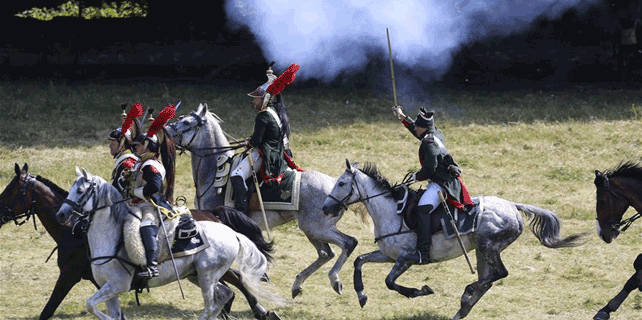When the mastro met the monk: A tale of two souls
 |
|
Tian Haojiang in Turandot. [Photo provided to China Daily] |
"There I talked to monks and watched the Buddhist morning ceremony. ... I also visited the Toshodaiji Temple in Japan. When I sat in front of Jianzhen's statue it was as though I was enveloped by this great man, and I could sense his every breath."
The premiere was a great success, among those appreciating it being Professor Kuranaka Shinobu, director of the department of Japanese and foreign languages at Daito Bunka University in Japan and an expert on Jianzhen studies. The opera was fabulous and moved her deeply, she says, and all members of the cast had demonstrated fine performing skills.
That success may partly be attributed to the fact that in at least one way Jianzhen and Tian are united souls, being pioneers who pursued their goals in far-off lands, the former planting the seeds of Buddhism in Japan and the latter taking up residence in the United States and becoming one of very few Chinese winning recognition in mainstream opera.
"In the early years life was very hard, but through years of endeavor everything has turned out happily," Tian says.
Their having things in common has helped him better understand what made the Buddhist master tick, he says.
"The scene in which Jianzhen, after several failures, is alone onstage and is imploring Buddha is the one that moves me most."
Jianzhen is not merely asking questions but rather calling out to destiny in despair demanding where the future lies, he says. It was at that moment of the play, Tian says, that he felt "an eruption of force", and the audience was moved to tears.
"I felt pain and I felt a sense of happiness, joy, delight, excitement ... a feeling that ultimately is inexpressible. At that moment Jianzhen had totally become part of me, and I felt liberated."




















